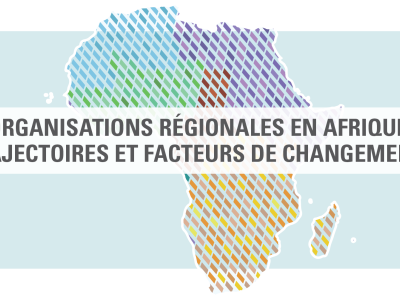
Sustainability and human rights in EPAs: A comparative analysis between the Caribbean and African EPAs
The adoption of the 2030 Agenda for Sustainable Development at the United Nations (UN) in New York in September 2015 and of the Paris Agreement in December 2015 has put the sustainability and climate change ambitions and concerns at centre stage of the international agenda. International trade is recognised as an important means of implementation to achieve the sustainable development goals (SDGs) and specific targets. For a long time, the European Union (EU) has been committed to the promotion of human rights and sustainability, including in its international relations, and has been a strong advocate of the SDGs. Human rights clauses in EU policy have found some of their origins in the EU partnerships with the African, Caribbean and Pacific Group of States (ACP), as articulated in the Lomé Conventions and the succeeding Cotonou Partnership Agreement. Human rights and sustainability clauses have then increasingly been introduced in the EU trade policy regime, in its general system of preferences (GSP) and its free trade agreements (FTAs), and have become one of the key pillars of the new EU trade strategy, Trade for All, introduced in October 2015. This paper analyses the content of the sustainable development and human rights dimensions of the recently concluded EPA by the EU with the East African Community (EAC), the Economic Community of West Africa States (ECOWAS) and a group of countries from the Southern African Development Community (SADC), and compares them with the Caribbean Forum (CARIFORUM) EPA, the most comprehensive EPA concluded so far. This study will be officially launched at the German Federal Ministry for Economic Cooperation and Development on 19th October, 17:00 - 18:30.




